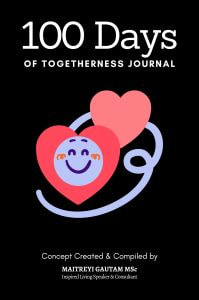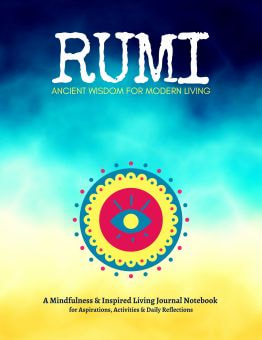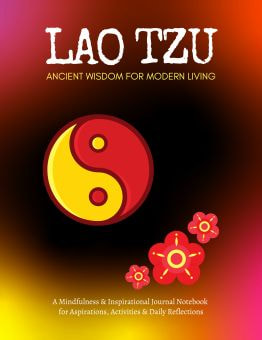| Mindfulness is a mental state where you focus on the present moment. It is a technique that helps you to calm yourself and control your thoughts. It also helps you to be more accepting and compassionate toward yourself. As a result, you will have more positive emotional health and you will be able to cope with stressful situations more easily. Self-regulation Self-regulation is an important part of the human experience. It enables us to respond to situations that we find challenging or upsetting. Ideally, we respond in a way that is in keeping with our values and beliefs. | |
Previous research has demonstrated a relationship between mindfulness and self-regulation. However, these studies have been conducted with adults. Moreover, there are few studies that study the effects of mindfulness training on pre-adolescents. In particular, researchers have observed significant improvements in executive functions after mindfulness training.
Accepting yourself and treating yourself with compassion
Self-compassion is the practice of treating yourself with compassion. It may be a small step, but it can help you get through a tough time.
While everyone struggles with self-criticism, it's important to keep in mind that you're not perfect. Accepting your flaws can feel like a weight is lifted off your shoulders. Self-compassion involves treating yourself like a friend. It's about encouraging yourself to grow, not giving up on yourself or your efforts.
Mindfulness is an effective tool for learning to love yourself. It can help you see a situation from a more objective point of view, which makes everything a little easier.
In the context of self-compassion, mindfulness involves a more focused and specific approach to a painful experience. The most common definition of mindfulness is "a non-judgmental, present-moment awareness of thoughts, feelings, and bodily sensations". The best way to put it is that it's an important tool to learn how to love yourself. It can help you recognize your shortcomings, accept them, and understand your emotions.
| | Treatments for anxiety and depression Mindfulness-based interventions have shown to be effective for anxiety and depression. These approaches focus on core competencies such as attention and processes such as stress. There are a variety of treatments available to manage anxiety disorders, including medication, talk therapy and exercise. Mindfulness-based cognitive therapy (MBCT) is one such approach. It seeks to teach people to pay attention and disengage from dysfunctional thoughts. MBCT combines elements of mindfulness training with active recognition of negative thought patterns, which is taught in cognitive therapy. |
A misunderstood concept of mindfulness can make you frustrated, discouraged, and even dangerous. The word "mindfulness" has become so widely used that it is almost unavoidable in training courses for personal development and therapy programs. While the term 'mindfulness' has been shown to have significant health benefits, its usage can lead to misunderstandings that can limit its usefulness.
It is important to know that the term 'mindfulness' refers to a broad range of practices. Some are rigorous, others are escapist. In general, mindful practice involves being present and observing one's inner and outer environments.
It is important to distinguish between mindfulness and stress relief. Some people equate mindfulness with stress relief, which undermines the long-term benefits of the practice.
It is also important to differentiate between the acceptance component of mindfulness and the aversion/avoidance components. Most people confuse the two. The aversion/avoidance components are associated with suppression and cognitive reappraisal, which contradicts the volitional processes that underlie mindfulness.



















